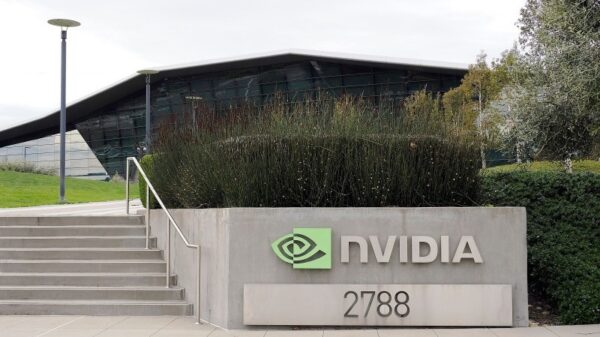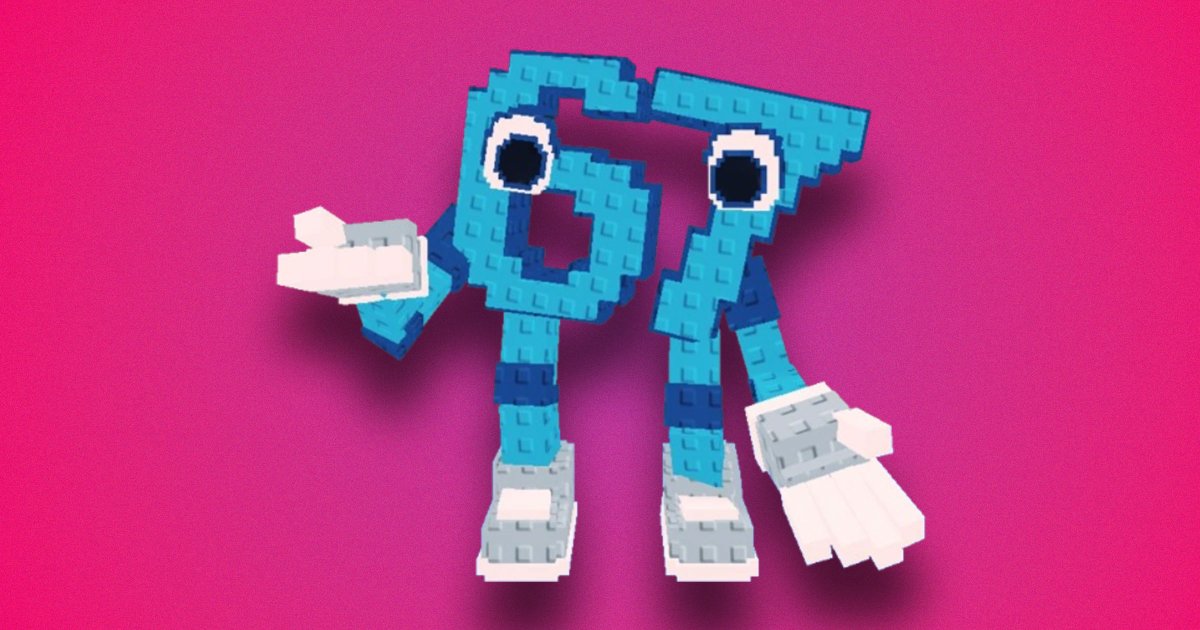A recent statement by Jacob Navok, CEO of Genvid and former director at Square Enix, has ignited a heated discussion about the role of generative AI in the video game industry. In a tweet, he provocatively claimed that “Gen Z loves AI slop,” suggesting that the younger generation is unfazed by the increasing prevalence of low-quality AI-generated content in gaming.
Navok’s comments were sparked by the success of the game “Steal a Brainrot,” which has recently become the most-played game of the year, notably on the platform Roblox. Just last month, it achieved a milestone, surpassing 25 million concurrent players, an unprecedented feat in gaming history. He stated, “For all the anti-AI sentiment we’re seeing in various articles, it appears consumers generally do not care,” underscoring a disconnect between industry criticisms of AI and player engagement.
However, the assertion that high player counts equate to endorsement of AI-generated content is contentious. Critics argue that enjoying a popular game does not necessarily translate to support for its quality or the methods used in its creation. Many players might simply be drawn to the social dynamics and gameplay of these titles, rather than the underlying technology.
As the gaming industry increasingly integrates generative AI, including using it for character voices and artwork, backlash has grown. For example, the developers of “Arc Raiders” faced scrutiny for employing AI to create character voices, raising concerns over the potential replacement of human voice actors. Similarly, “Call of Duty: Black Ops 7” was criticized for featuring artwork that appeared to mimic the iconic style of Studio Ghibli, while Ubisoft had to retract AI-generated visuals for its upcoming title “Anno 117: Pax Romana” after facing significant public disapproval.
Despite this backlash, Navok remains confident in AI’s future role in game development, asserting that the use of generative AI is merely “the tip of the spear.” According to him, many studios are leveraging AI during the conceptual phase and using tools like Claude, an AI chatbot developed by Anthropic, for coding tasks. Navok believes that much of the backlash against AI is emotionally driven rather than logical, a claim that did not sit well with several critics.
Opponents of Navok’s perspective have pointed out that equating the success of a game like “Steal a Brainrot” with an endorsement of generative AI is a flawed comparison. One user remarked that the popularity of fast food chains like McDonald’s does not imply a universal preference for low-quality food. Another pointed out that comparing a Roblox game with a premium Steam title reflects a misunderstanding of different gaming markets.
Moreover, while AI-generated elements might simplify certain aspects of game development, the nuances of human creativity are irreplaceable. As one critic aptly noted, “Well-executed games will be accepted and adored; poorly executed ones will not, regardless of how many no-AI stickers they attach.”
Executives from other gaming companies, such as Electronic Arts, echo Navok’s sentiments. EA’s CEO Andrew Wilson recently stated that “AI is the very core” of their business strategy, suggesting that AI will enhance the creative potential of developers. However, the belief that the younger generation universally welcomes “AI slop” seems overly simplistic, if not provocative.
Not every industry leader concurs with the view that AI should dominate game development. John Buckley, CEO of Pocketpair, expressed a clear stance against AI-generated games, emphasizing that they do not wish to engage in projects that utilize AI or Web3 technologies. Buckley indicated that their focus remains on delivering quality experiences rather than succumbing to trends that may dilute creativity.
In conclusion, as generative AI continues to make inroads into the gaming sector, the discussion surrounding its implications remains complex and multifaceted. Navok’s comments reflect a growing divide between industry sentiment and player expectations, hinting at the challenges that lie ahead as the industry navigates the balance between technological innovation and creative integrity.
See also OpenAI Launches GPT-5 with Enhanced Reasoning and Customizable Response Modes
OpenAI Launches GPT-5 with Enhanced Reasoning and Customizable Response Modes Google Launches Gemini 3 Pro, Setting New Standard in AI Performance and Visual Reasoning
Google Launches Gemini 3 Pro, Setting New Standard in AI Performance and Visual Reasoning NVIDIA Unveils Nemotron Elastic LLMs, Reducing Training Costs by 360x with Nested Models
NVIDIA Unveils Nemotron Elastic LLMs, Reducing Training Costs by 360x with Nested Models OpenAI Halts FoloToy Sales After Kumma Bear’s Inappropriate Conversations Raise Safety Concerns
OpenAI Halts FoloToy Sales After Kumma Bear’s Inappropriate Conversations Raise Safety Concerns AI-Generated Images: Can You Identify the 5 AI Creations Among 10 Real-Life Photos?
AI-Generated Images: Can You Identify the 5 AI Creations Among 10 Real-Life Photos?






























































